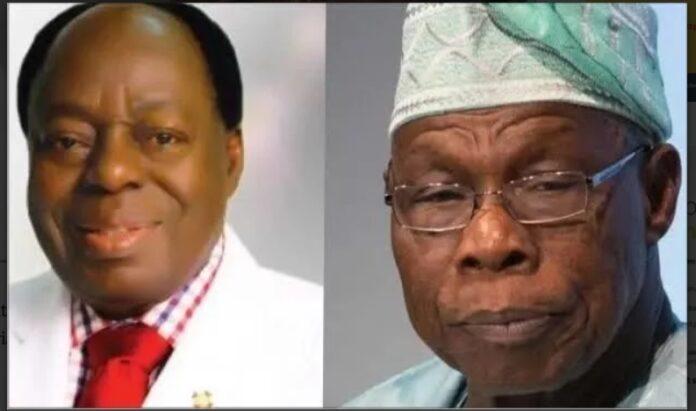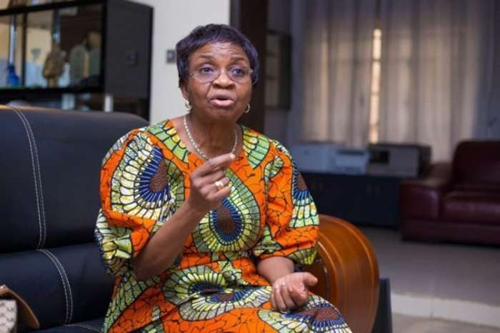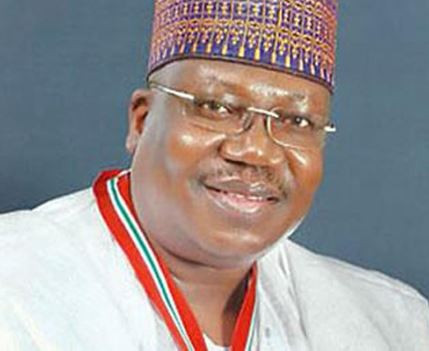A classified US diplomatic cable leaked by WikiLeaks has revealed allegations of a bribery scandal involving Nigeria’s former president, Olusegun Obasanjo, and prominent lawyer Chief Afe Babalola.
The document posted by former presidential candidate Omoyele Sowore alleged that the duo influenced a 2004 Court of Appeal ruling to favour then Adamawa State Governor Boni Haruna, keeping him in office.
The recent revelation comes amidst criticisms following the arrest of human rights lawyer Dele Farotimi. Farotimi was arrested by the Nigerian police in Lagos on defamation charges after he criticized Babalola in his book, Nigeria and Its Criminal Justice System.
Farotimi was recently arraigned in an Ekiti Magistrate Court and charged with 16 counts, all of which he denied. He was denied bail and detained until December 10.
The leaked cable claims that Afe Babalola, acting on Obasanjo’s instructions, distributed large sums of money to judges to secure a favourable outcome. Specifically, it alleges that 30 million naira (about $225,000) was given to each of the five tribunal judges handling the case.
The cable, written by US officials, states that a lawyer from Babalola’s team admitted to witnessing the delivery of the funds. This lawyer described the practice as a “normal procedure” in the country for critical cases.
The allegations were detailed in a diplomatic document written by Russells J. Hanks, an acting political counsellor, and published on WikiLeaks.
The cable reads: “On July 5, an appeals court sitting in Jos overturned the March 24 election tribunal decision that had nullified the election of Adamawa State Governor Boni Haruna. The verdicts of the appeals court and the election tribunal differed so significantly on their findings of the relevant facts that they beg the question of whether one verdict or the other may have been “influenced” by outside parties. End summary.
“2. (U) On July 5, an appeals court sitting in Jos overturned the March 24 election tribunal decision (reftels A and B) that had nullified the election of Adamawa State Governor Boni Haruna, PDP member and protege of VP Atiku Abubakar. The original election tribunal had found “beyond reasonable doubt” that electoral malpractices had taken place, and that the election was noncompliant with the Electoral Law.
“3 (U) The appeals court in Jos, however, found that the evidence used by the election tribunal was “absolutely inadequate even to prove the simplest of a criminal offence, very impotent to affect the appellants/cross respondents, ridiculous for convicting any of the appellants/cross respondents with commission of any electoral offence,” and that the evidence was scandalous and naive as a basis for nullifying the election.
“4. (C) According to an attorney for Haruna, the outcome was ensured in typical Nigerian fashion: with cash. The attorney, who works for Presidential attorney Afe Babalola, said that when President Obasanjo sent Babalola to take over the appeal, he also sent cash to be used for the appeal. The attorney claims that he went along for the delivery of 30 million naira (about $225,000) to each of the five judges on the tribunal but did not know if this was all the money disbursed. “This is the normal procedure when it is an important case,” he averred.
“5. (U) Note. The appeals court decision is final and cannot be appealed to Nigeria’s Supreme Court. End Note.
“6. (SBU) Comment. While the Embassy has been unable to examine the Appeal Court ruling in its entirety, the verdicts of the appeals court and the election tribunal differed so significantly on their findings of the relevant facts that it begs the question of whether one verdict or the other may have been “influenced” by outside parties.
“Both courts were composed of senior members of the judiciary, both operating under the same laws, principles, and guidelines. It would be normal for an appeals court to have a slightly different interpretation than a lower court, but the radically divergent views of the Jos court from the Yola tribunal leave little doubt that something other than the law was factored into the final decision.”
WikiLeaks is renowned for uncovering confidential government documents from around the world. The organization has released over 250,000 cables from U.S. embassies, exposing sensitive and controversial information about international politics.


























